Improving Timeliness to Emergency Laparotomy
Aiming to ensure that people needing emergency abdominal surgery get to theatre on time
The Improving Timeliness to Emergency Laparotomy project is a collaboration with The Healthcare Improvement Studies (THIS) Institute. It will analyse the patient pathway from admission to emergency laparotomy surgery to identify barriers to timeliness. The project will then develop possible interventions to combat these barriers and test them in hospital sites.
Project Overview
More than 22,000 adults in England and Wales have emergency major abdominal surgery, or laparotomies, each year. When people need this type of surgery, it is important that they are treated as soon as possible. This is because delays can lead to a higher risk of a longer hospital stay and poorer outcomes – including death. Delays can arise for many reasons, ranging, for example, from the time taken to making a diagnosis through to getting scans and space in busy operating theatres. Though some aspects of care have improved over the years, the time taken for emergency patients to get to the operating theatre is still not optimal. In many areas, time to theatre does not meet the recommended standards.
This project aims to find ways to improve the time it takes for patients to have their surgery by asking experts from all points along the patient pathway what they think the issues are and what can be done to help, including emergency physicians, surgeons, anaesthetists, radiologists, nurses, other clinical staff – and of course patients and carers themselves.
Once potential solutions have been identified, they will be tested at a number of hospitals to see if they improve how quickly patients have their operation. The project will use the information from the National Emergency Laparotomy Audit (https://www.nela.org.uk/) to see if the proposed solutions really do make a difference to the time it takes for patients to have their surgery.
Collaborators
The RCoA is collaborating with The Healthcare Improvement Studies (THIS) Institute at the University of Cambridge on this project. The project is made possible by funding from the Health Foundation to THIS Institute.
Click here to join our community of healthcare professionals. Anyone who has experience of working on the emergency laparotomy pathway is welcome
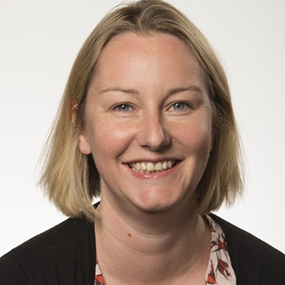
Consultant Anaesthetist, Deputy Chief Medical Officer (for improvement and innovation), Improvement lead of National Emergency Laparotomy Audit, Chair RCoA Quality working group
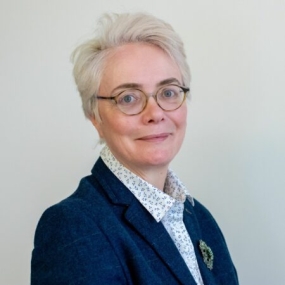
Mary Dixon-Woods is Director of THIS Institute and The Health Foundation Professor of Healthcare Improvement Studies in the Department of Public Health and Primary Care at the University of Cambridge. Mary’s programme of research is concerned with generating a high-quality evidence-base to support improvement in the organisation, quality and safety of healthcare.
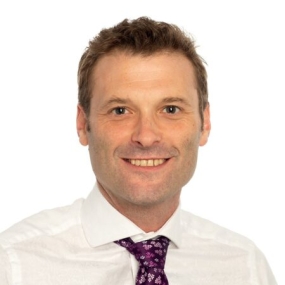
Graham leads applied research programmes and contributes to the Institute’s strategy and development.
He has extensive experience of undertaking research and evaluation in relation to healthcare improvement, from major policy-driven programmes to locally led initiatives.
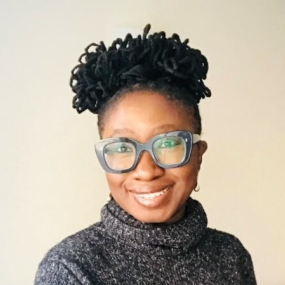
With a PhD in health services research and population health, Kristina uses mixed method research techniques and pragmatic designs such as the use of routine data and electronic health records to shape and test health service interventions.
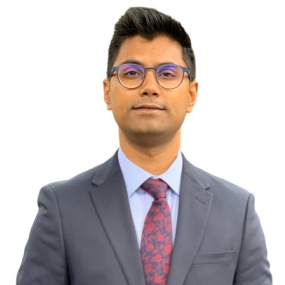
With a PhD in Statistics, Hussein as a strong academic background and professional experience in the field of mixed methods research and applied statistics.
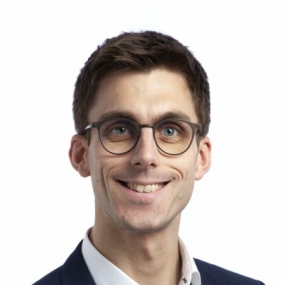
With a PhD in Human Movement Sciences, Jan has extensive experience in leading collaborative projects for healthcare improvement, and using collaborative methods such as consensus-building, co-design, and network approaches.



